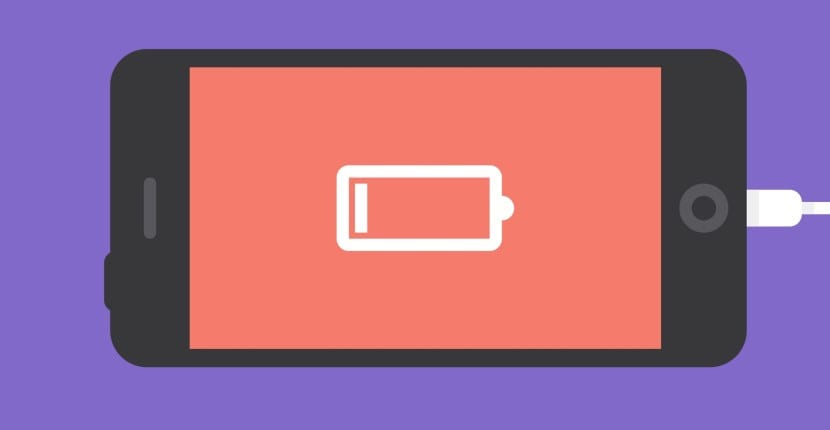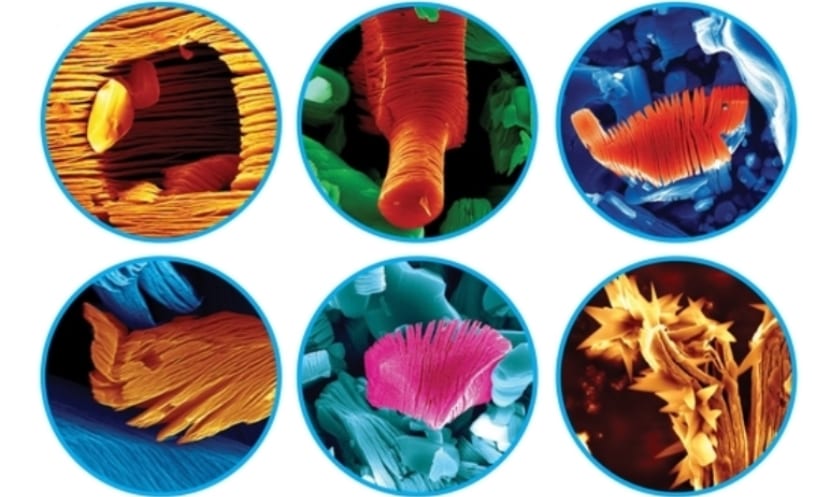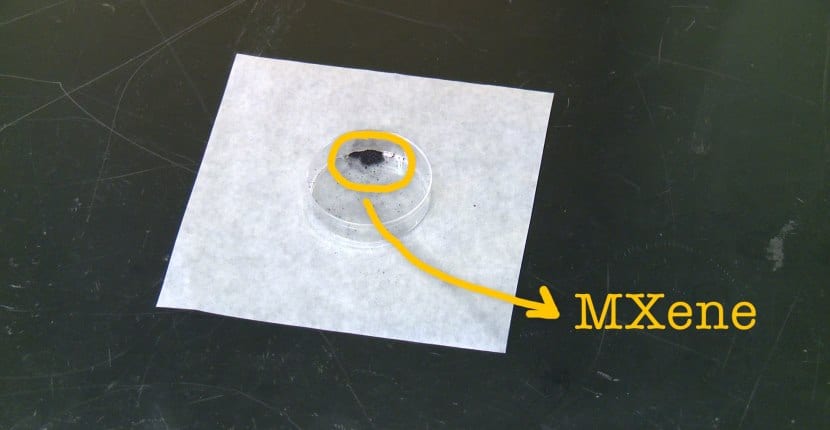
One of the great problems that we have today in terms of the use of portable electronic devices lies in the need they have to function properly. carry a battery which inevitably forces us to have to load them more frequently than anyone, as a user of them, would like.
Due to this, it is not surprising that many companies are increasingly investing more money, quarter by quarter, in the development of certain programs in which, theoretically, researchers are working on the creation of a possible solution with which to offer a greater autonomy to our electronic devices or, in the worst case, maintain their autonomy while their batteries charge at a much higher speed.

Drexel University presents Mxene, a material with more than interesting properties
It is precisely on the latter that a group of scientists and researchers from the Drexel University, located in the city of Pennsylvania (United States). The idea is to use new generation supercapacitors that solve the problems they have since, despite offering some high loading speeds, The truth is that its electrical storage capacity is too low, something that would not help us because its use would considerably reduce the autonomy of our electronic devices.
According to the paper that has just been published by those responsible for this project, it seems that it has opted to work with a new nanomaterial that has been baptized by its discoverers with the name of mxene. This new material would allow the supercapacitors created from it to maintain their charging speed while offering the same capacity as current batteries. Translating this into a language much more understandable by all, a car or mobile battery could be charged in just a matter of seconds.

Charging your car or mobile battery in a matter of seconds could become a reality thanks to Mxene
Going into a little more detail, it seems that the Mxene material is characterized by having a sandwich structure where we find a conductive carbon layer located in the middle of two oxide layers. The main property of this feature means that these layers of sandwiches can be stacked on top of each other in many different ways, which in turn gives rise to the most striking compositions.
As is often the case with this type of innovative materials, after the research team in charge of their development tells us about their incredible properties, it is time to talk about the negative part. On this occasion, apparently, one of the problems that the Mxene in particular has, which it shares with all bacteria, is that the ions that carry the charge and that are stored in the battery they arrive at their destination very slowly.

There is still a long time until Mxene can reach the market
Until now, the truth is that we were told that the Mxene offers the same charging capacity of a current battery with the charging speed of a supercapacitor ... Why is the speed now so slow? As I said, this is precisely due to the particular architecture that this material has, which in turn has allowed researchers to work to solve it.
According to researchers at Drexel University, a kind of hydrogel that would allow the ions to move through the Mxene, something that ultimately translates into recharge nanomaterial electrodes in milliseconds.
Once this problem has been solved, as the researchers have confessed, it is time to work on scaling up this technology to manufacture batteries of a higher size and capacity that can be used, for example, in mobile phones or directly in cars. Unfortunately and to achieve this they cannot give a definitive date, although they assure that they are getting closer.
Further information: science alert